Lyrical Monsters
Yann Gonzalez on Hideous
The acclaimed French filmmaker talks about his latest short film, a visual anthem to a whole generation of queer people.
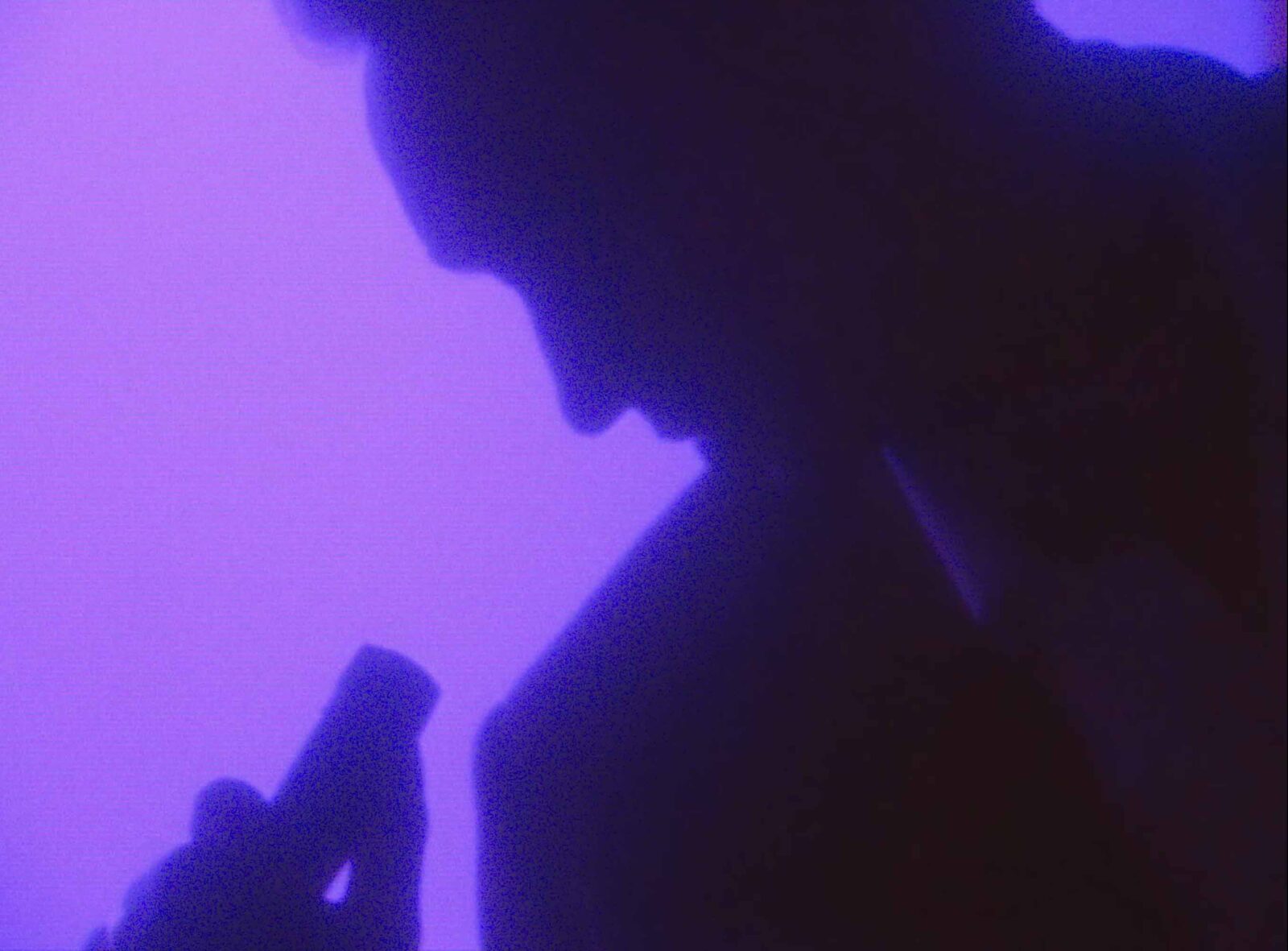
I am fifteen minutes early; he is already there. Yann Gonzalez cuts a discreet, even unassuming figure, as he walks up to me. If it wasn’t for those mischievous blue eyes. We sit down at Chez Arsène, a café close to his home in the Parisian suburb of Montreuil. He has spent the week writing a new feature. A second one, in English, is in the works too.
Gonzalez is a regular at the café, but wouldn’t come here to write: the music, he says, would be a distraction. Music, it turns out, plays a vital role in his writing process: the discovery of a new album or artist feeding his imagination, music proving essential to fend off the anxieties of writing. But a change is on the horizon. Alongside the two features, he is thinking about his next short, a film entirely without music. Or rather, “where musicality will be in the dialogue.” The idea so far is to play with a quartet of voices, united by a male narrator, like in Marguerite Duras’ Navire Night (1979), “only much more obscene.” He breaks into a bout of laughter here; provocation still retains all its joy for the 46-year-old filmmaker.
Obscenity was certainly the early loadstar to his filmmaking, a way for him to delimit an artistic territory. Although he feels this is no longer the case, he still thinks, “provocation is healthy if it’s done sincerely. There is a pleasure in the rawness of words, a scansion of the obscene, to the point of the grotesque.”
Hideous carries this grotesque into a new, sublimated form. The short features the XX’s Oliver Sim in fabulous and monstrous guises, alongside queer icons Jimmy Somerville as a diamantine Guardian Angel and British drag superstar Bimini, who opens the film in a vampiric black gown and matching headpiece. Like the rest of Gonzalez’s work, it is unapologetically camp from the get-go.
Sim, though, holds the title role. He was the one who approached Gonzalez, commissioning a clip to feature two songs from his debut solo album. A third, “Confident Man,” was added mid-way, providing Gonzalez with a three-act libretto. Threading the songs with fiction formed the essence of Gonzalez’s work initially. No stranger to musical videos, what he nonetheless desperately wanted to avoid was flattening the story into something too literal, an unequivocal illustration of Sim’s lyrics. He says that, key for him was the need to preserve a sense of mystery, to allow the monster to acquire multiple layers of meaning, in addition to the very real experience of seropositivity that Oliver Sim confronted at age seventeen.
Both artists were united in their necessity of turning fears into art. The challenge was of finding the right way to stage humiliation and shame in a manner that would be equally authentic and enchanting. They succeeded: throughout, Gonzalez’s imagery fits Sim’s lyricism like a tight leather glove, and from song to scene, the monster emerges as the affirmation of a rightful queer difference.
Yet, even after two decades of directing, Gonzalez confesses that making Hideous was somewhat of a daunting experience. There he was, an experimental French filmmaker in the same studio as a famous British popstar, Sim’s celebrity eliciting a mixture of fascination and terror in Gonzalez. “I felt like a little boy on set,” he admits, “I barely slept during the five days of shooting.”
Luckily, Gonzalez could count on the presence of a trusted collaborator in the form of Alain Garcia Vergara, his ex-partner, friend, and artistic advisor. Vergara counselled him on everything from set design to costumes to the casting of stand-ins. He also drew the first versions of the monster Sim morphs into halfway through the film. At the mention of the creature, references come in thick and fast: Black Hole by Charles Burns; Freddie Kruger, Toxic Avenger; Wes Craven’s Swamp Things, Clive Barker’s Nightbreed. Beyond blending horror and sexuality, what these titles have in common is the fact that Gonzalez encountered them in childhood.
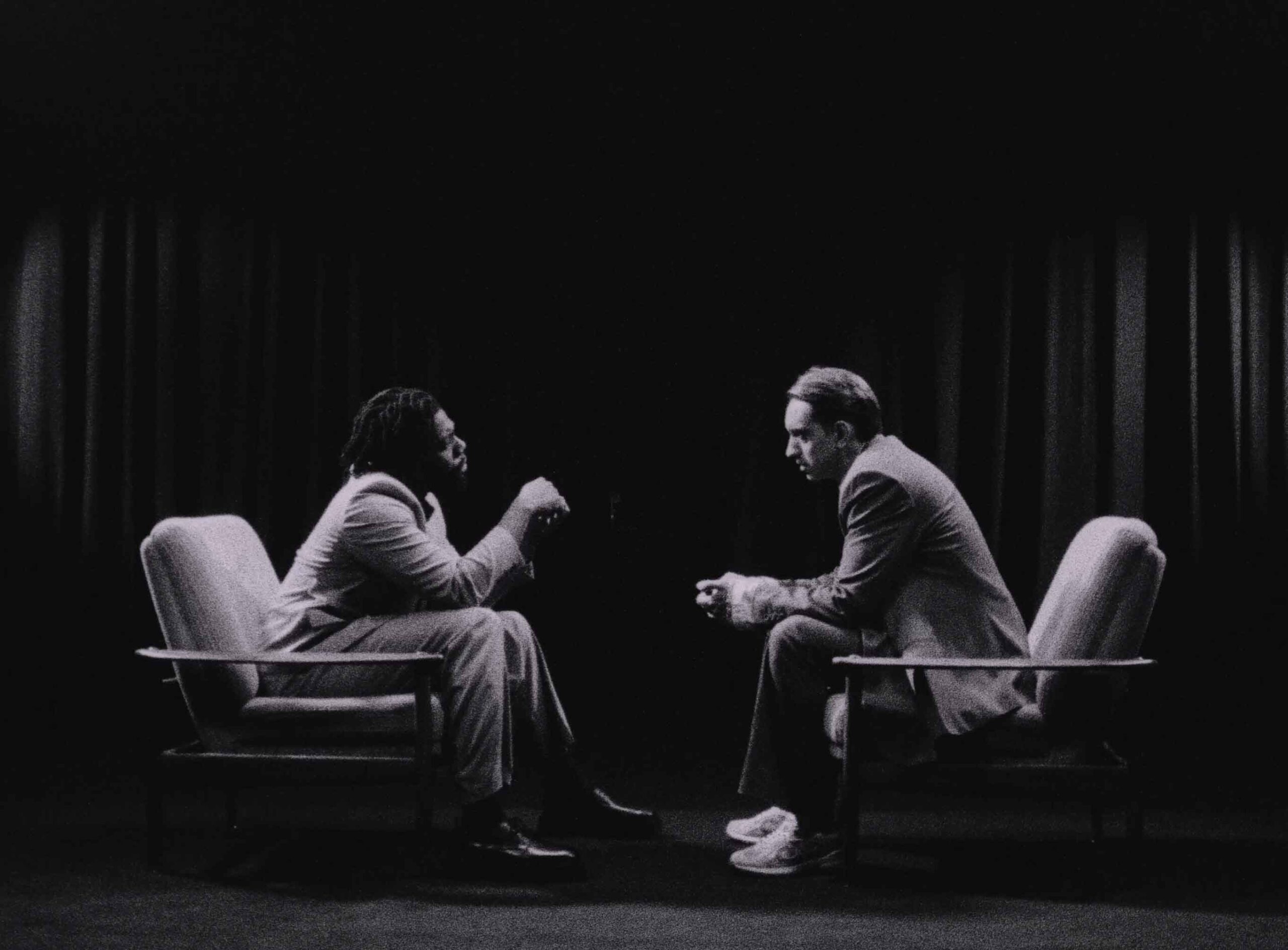
Hideous
Childhood is also where Gonzalez found the right emotional bridge into Sim’s experience. This, he says, was the most difficult aspect of the writing: shame that belonged to Oliver he needed to find within himself. So he followed the lyrics back into his own youth. The experience, as he remembers it, was “to discover a difference without being able to verbalise it.” Translated into film, the sensation makes for one of the most poignant scenes in all of Gonzalez’s work: Kate Moran, a fixture of his fictions, opens a door. A little boy watches TV in his pyjamas on the other side, the screen filed up with an elegant Oliver Sim engaged in conversation. When Sim launches into song, the boy stands up and slowly begins to mimic his performance, his shy gestures a powerful counterpoint to Sim’s effortless extravagance. His mother watches on lovingly.
This immediate motherly acceptance, I tell him, has something utopian about it: hard to imagine it occurring so naturally in either 80s Britain or France. He agrees, saying that it also allowed him to merge temporalities together and keep a restrictive nostalgia for the 80s or 90s at bay: “I didn’t want the film to be locked into any particular time or period… Cinema is what stitches these times and spaces together.” I ask whether this was doubled by a yearning for a more universal kind of emotion or experience. “I hate this term of ‘universality,’ but yes… a sort of queer universality…” Gonzalez clearly has an instinctive distrust about whatever forms a consensus. But for all his desire to transgress and provoke, he confesses the personal dimension behind Hideous marks it out as an important piece of work, as vital to him as his features.
It is, in many ways, a twin autobiography. The end credits have Oliver Sim down as The Artist, The Phantom, and The Monster, and it doesn’t take much of a stretch to see these titles as applying to Gonzalez too. Yet this Romantic conception of the artist – a tortured genius in search of the sublime – remains playfully camp in Hideous.
Stylised décors and lighting, saturated colours, and the texture of 16mm film, all elements that instantly make Gonzalez’s style recognisable and here highlight the film’s hybridity as part musical clip part fiction. The costumes are another cause for jubilation, a silver sequined top, like the rest of Oliver Sim’s wardrobe, designed by Dior’s Kim Jones. This lyrical monster can boast a dazzling list of gay fathers. Unsurprising, then, that Hideous has become something of a visual anthem to an entire generation of queer people.
Gonzalez, however, is keen to give this queerness a specific ancestry, situated at the juncture of pop culture and the intimate. It was, he says, a synthesis of stories and images encountered in childhood.
Seven-year-old Yann was a voracious viewer. His late-night television diet included horror films by Dario Argento and Brian De Palma, 80s French and Japanese animations full of monsters, ghosts, and space travellers, and music videos by French diva Mylene Farmer, whose identity was a blend of kitsch, elegance, and eroticism. Did these viewings also help him articulate a certain queerness? “Yes, yes, of course… But that I understood only much later… there was a transgression, an excess, a kind of baroque… and gender trouble everywhere…” He goes on to tell me about Lady Oscar, an anime hero whose gender identity moved from female to male as they rode into battle.
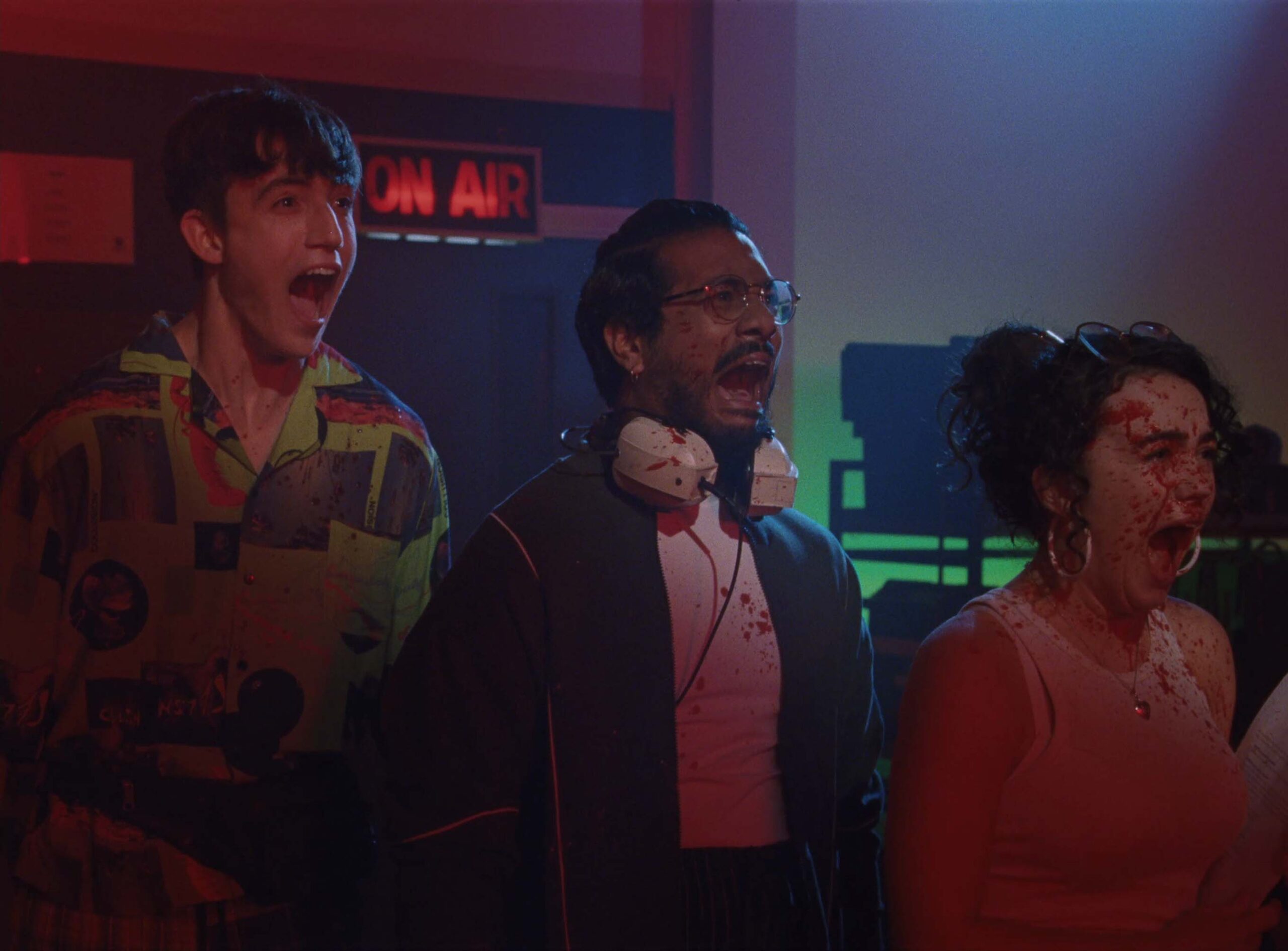
Hideous
His was a happy childhood, but he needed his imagination to exist fully and find himself. He calls it an act of “crossing the mirror.” This longing for fantasy, though, rapidly moved from inner necessity into collective practise.
It happened in the form of a trilogy completed age twelve. Face à Face was a slasher shot on VHS with two of his closest friends. Soundtracks were sampled from horror films like Psycho (1960) and a tape-recorder was placed next to the camera for the dialogues. It was, he says with a fresh bout of laughter, “obviously very bad.” Of this initial cinematic adventure, nothing survives, although the slight twinkle in his eyes might suggest otherwise…. Regardless, the project’s legacy was a nascent taste for transgression and a desire to “transcend friendships through fiction”: within the middle-class setting of conservative Antibes, a seaside town in Southern France, Gonzalez lived out fantasies with his two friends, directing them in home-made films but also meeting up to watch porn together. Creation, in these early years, came twinned with sexual awakening…
Today, the mark of friendship seems everywhere in his filmmaking. I suggest his films are like playgrounds, spaces into which he invites friends to play and dress up. The episodic nature of his features reveals this tendency best: a compendium of tales, You and the Night (2013), is a choral work that has former football legend Eric Cantona recount sadistic stories alongside a whip-yielding Béatrice Dalle, a stalwart of French fantasy and horror films. His second feature, Knife+Heart (2018), drew viewers into an underworld of 1970s gay porn and murderous homophobia, helmed by pop singer and fashion icon Vanessa Paradis. “Casting,” he says, “is crucial… the basis of emotion.” And like with Oliver Sim, it also offers another opportunity for him to draw faces and voices of pop culture into the intimacy of his mind.
As a fresh smile lights up his face, it is easy to see Gonzalez as driven on by pleasures found in childhood. He tells me he used to own a sticker album, lovingly collecting images into a home of paper and double-faced tape. Years later, the impulse behind his filmmaking seems no different, with his fictions unfolding like a series of fantasy rooms where, under watchful blue eyes, the ugly and the beautiful are invited out to play.
Hideous was nominated for the New Critics & New Audiences Award at Filmfest Dresden by Laura Stöckler, Magdalena Steiner, Simon Schäfer, Ionna Micha, Sophia Rentsch and María Alderete, the participants of the European Workshop for Film Criticism #1.
All six nominated films are available to watch from February 7 to 21, 2024. Create an account to vote for your favourite film. The winner receives a cash prize of €1000,-. Participants can win a one-year subscription to This Is Short, the European streaming platform for short films.
New Critics & New Audiences Award is a project by the European Network for Film Discourse (The END), hosted by Talking Shorts, and funded by the Creative Europe MEDIA Programme. With the support of This Is Short.

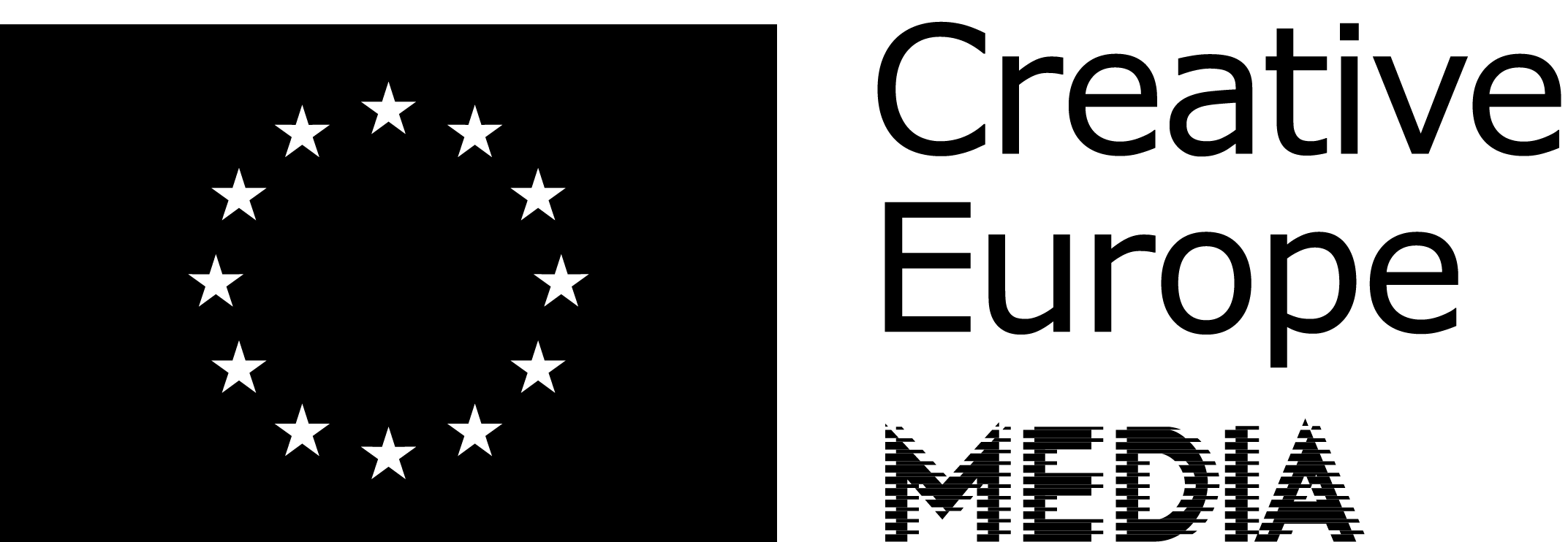
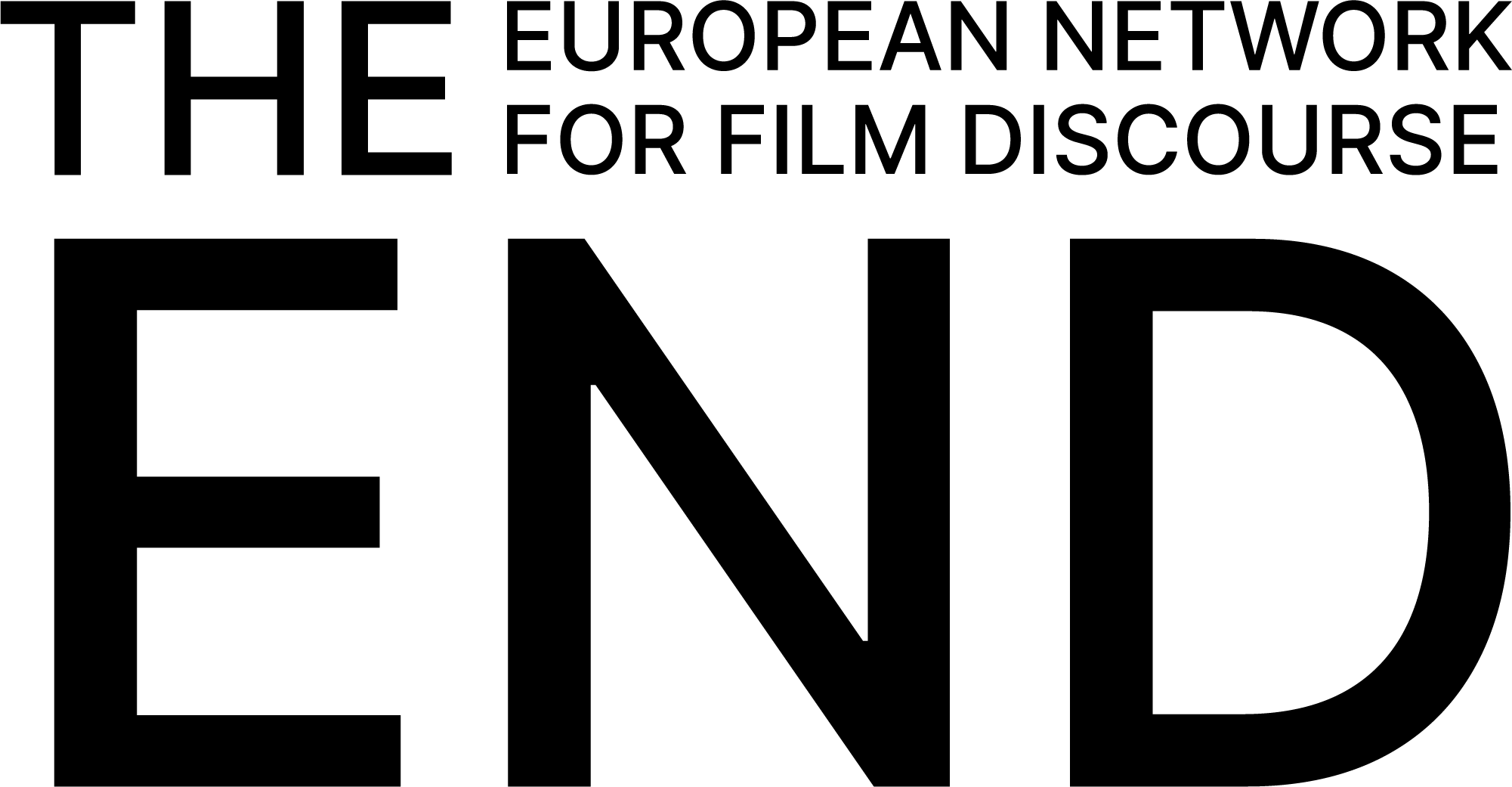

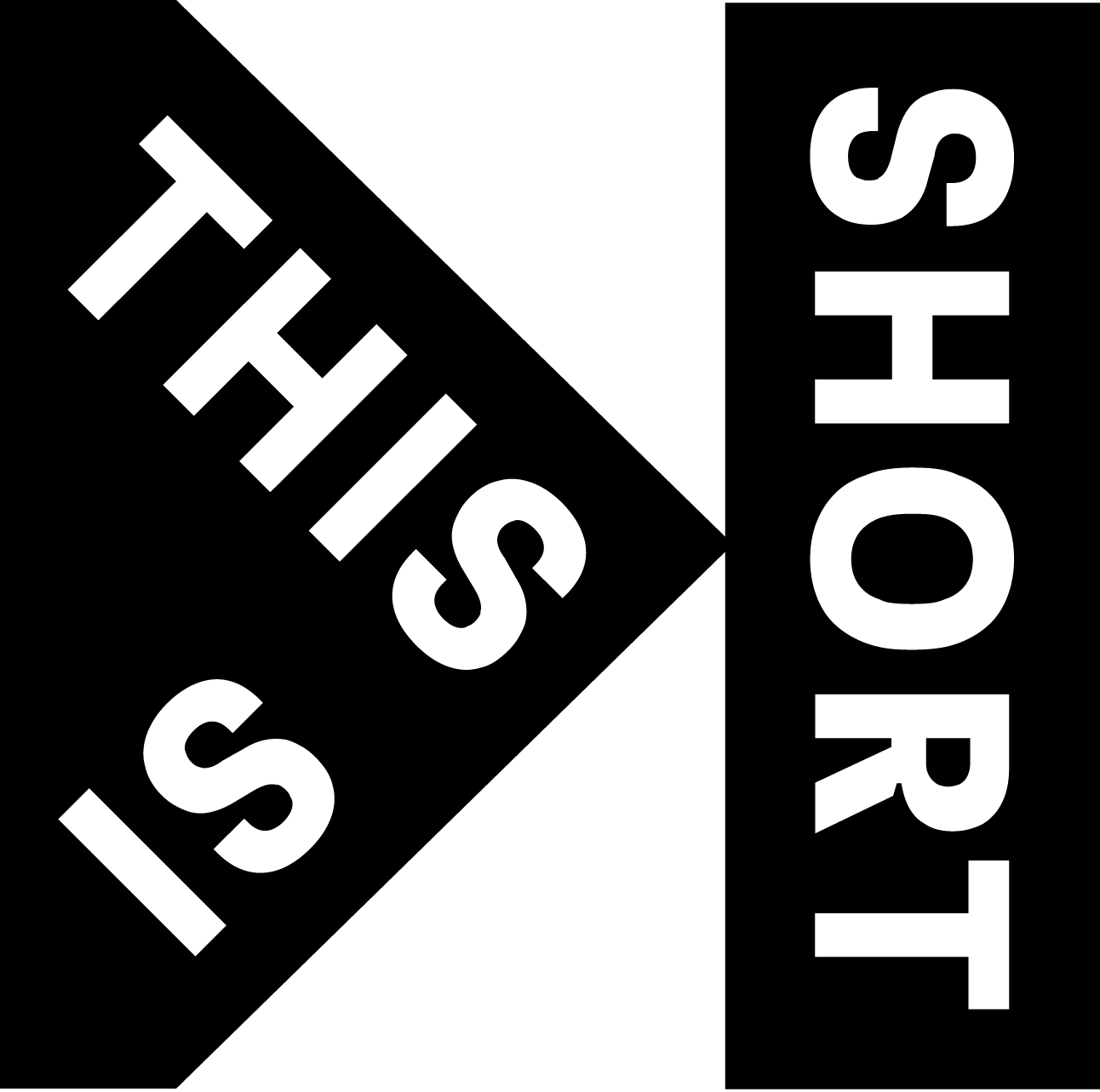
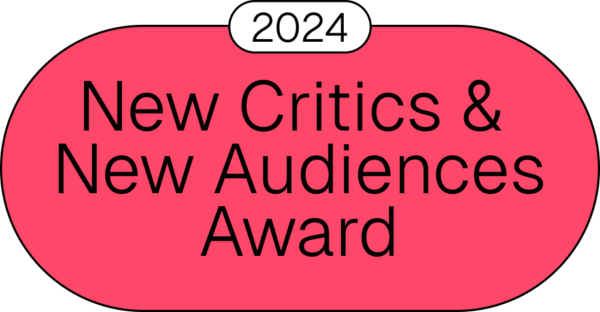
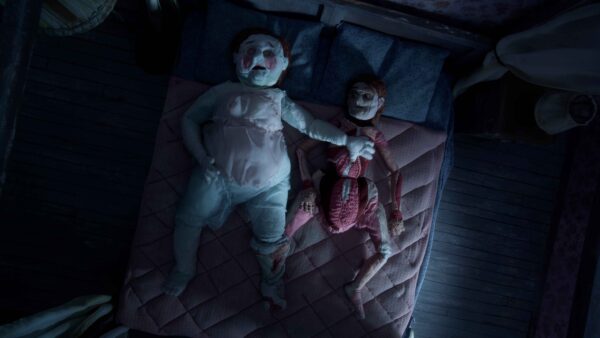

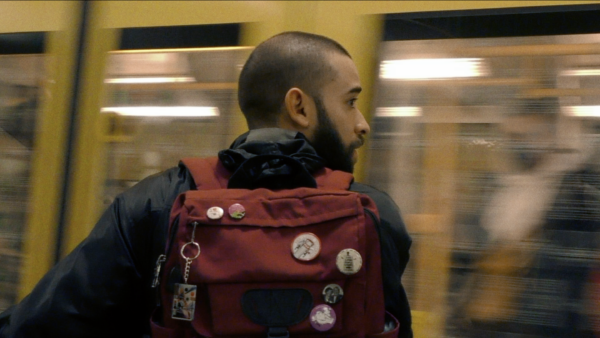
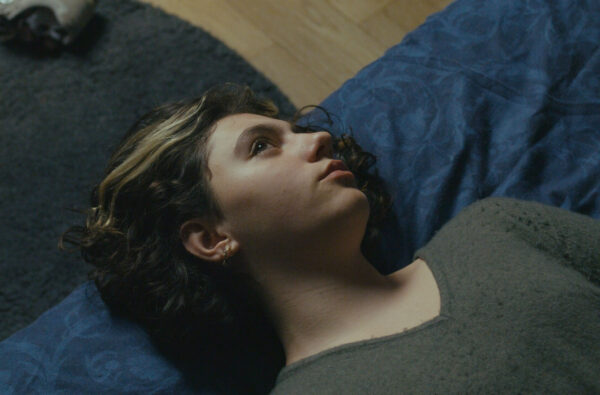
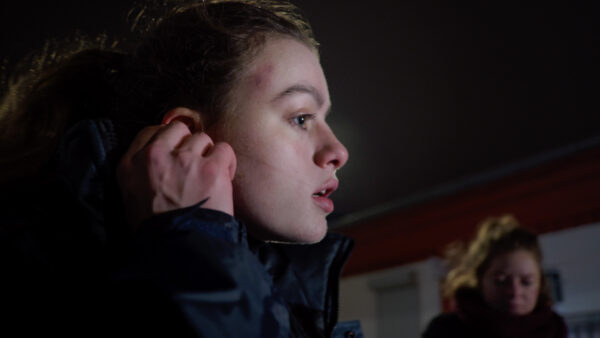

There are no comments yet, be the first!